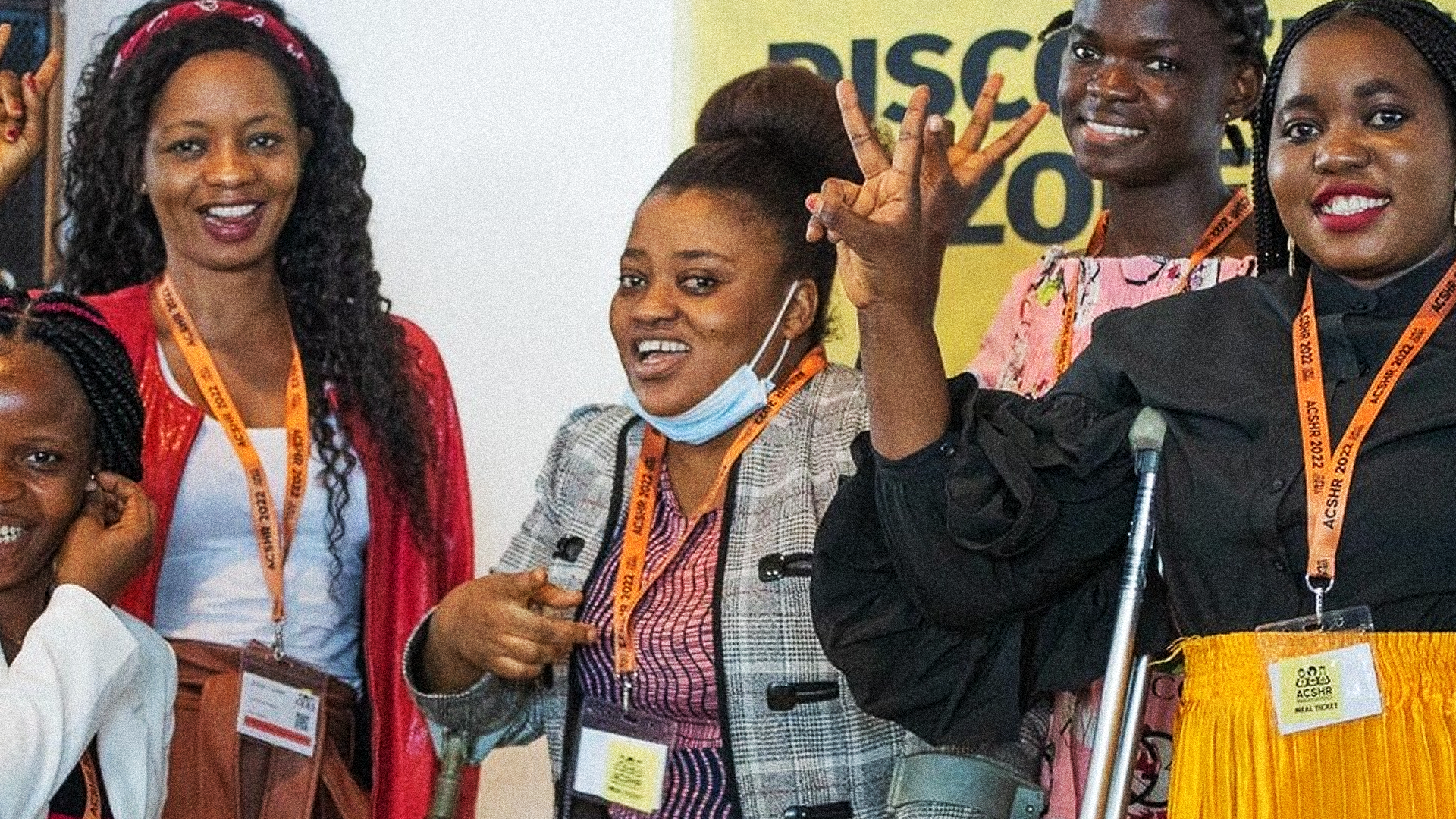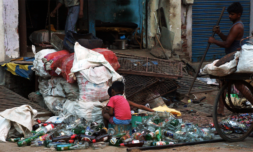Early last week, Sierra Leone hosted Africa’s biggest three day conference on sexual health and rights, featuring over 900 delegates from more than 40 countries.
The tenth Sexual Health and Rights conference took place last week in Sierra Lone, hosted by Purposeful, a girls’ activism hub in Africa. It collaborated with various stakeholders including UN agencies, African governments, feminist activists, and development partners, among others.
This year’s theme, ‘Accelerating the Elimination of Sexual and Gender-Based Violence in Africa’, focused on learning, connecting, and building a consensus to end violence against women and girls.
During the official opening, Sierra Leone’s UNFPA Representative Miss Nadia Rasheed said the organization is ‘ready to work with youth-led organizations to fight gender-based violence’.
She added, ‘this conference is an incredible opportunity to connect with other young people’.
‘With distinguished experts and decision makers from across the continent, it’s an opportunity to gain new knowledge and skills, to be exposed to different perspectives, and to fuel your advocacy on the issues that you are most passionate about’.
The conference gave 350 Gen Zers the opportunity to develop a manifesto on matters around sexual and gender-based violence.
Sierra Leone’s Youth Affairs Minister, Mohamed Bangura, said that investing in African youths would promote good communication across different cultures and generations, advancing human rights for everyone, especially those from marginalized communities.




















